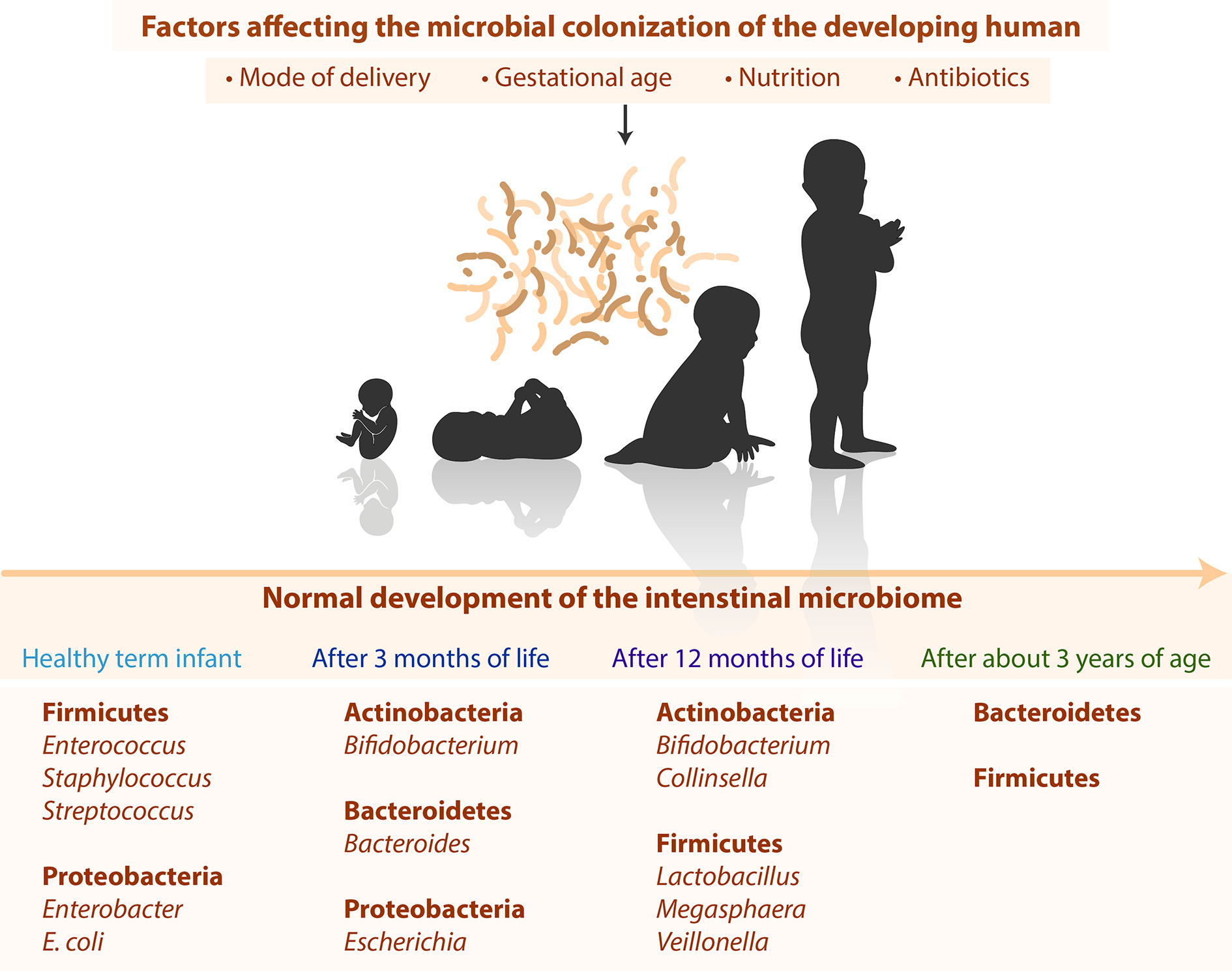Report on Inflammatory Biomarkers and Mental Health Treatment in Diabetes: A Sustainable Development Goal Perspective
Executive Summary
A recent study indicates that inflammatory biomarkers may predict the efficacy of depression treatment in individuals with diabetes, with markedly different outcomes for Type 1 (T1D) and Type 2 (T2D) diabetes. This research directly supports the achievement of Sustainable Development Goal 3 (Good Health and Well-being) by paving the way for personalized mental health care. By identifying tailored treatment pathways, the findings also have significant implications for SDG 10 (Reduced Inequalities), ensuring more effective care for a vulnerable population. The study itself is a product of multi-institutional collaboration, reflecting the principles of SDG 17 (Partnerships for the Goals).
Advancing SDG 3: Good Health and Well-being
This research directly addresses Target 3.4 of the Sustainable Development Goals, which aims to reduce premature mortality from non-communicable diseases (NCDs) and promote mental health and well-being. The co-morbidity of diabetes and depression represents a significant global health challenge.
- Depression is over three times more prevalent in individuals with T1D and nearly twice as prevalent in those with T2D compared to the general population.
- By investigating methods to improve treatment outcomes for this co-morbidity, the study contributes to integrated healthcare solutions that are essential for achieving universal health coverage and well-being.
- The potential to use blood tests to guide therapy represents a tangible step toward more effective management of NCDs and associated mental health conditions.
Key Research Findings
The study, which analyzed data from 332 participants with T1D and 189 with T2D, established a clear association between baseline inflammation levels and the improvement of depressive symptoms following psychological and educational interventions.
- Type 1 Diabetes (T1D): Higher baseline inflammation was linked to smaller improvements in depression. The association was most pronounced for physical (somatic) symptoms, such as fatigue and poor sleep. This suggests that for T1D patients with high inflammation, anti-inflammatory therapies may be a necessary component of effective mental health treatment.
- Type 2 Diabetes (T2D): In contrast, higher baseline inflammation was linked to greater improvements in depression. The effect was strongest for cognitive-affective symptoms (e.g., hopelessness) and anhedonia (loss of pleasure). This indicates that psychological therapies, such as cognitive behavioral therapy, may be particularly effective for this patient group.
Researchers theorize this divergence may stem from the different forms of immune activation characteristic of each condition: autoimmune processes in T1D and metabolic inflammation in T2D.
Implications for SDG 10: Reduced Inequalities
The findings offer a pathway to reduce health inequalities by providing evidence for personalized medicine, ensuring individuals receive the most effective treatment based on their specific biological profile.
- Tailoring interventions can lead to better health outcomes for people with co-morbid conditions, a group that often faces significant health disparities.
- By differentiating treatment needs between T1D and T2D, the research promotes more equitable and effective care rather than a one-size-fits-all approach.
- A noted limitation, however, was the study’s predominantly European participant base. Fulfilling the mandate of SDG 10 requires future research to include diverse ethnic backgrounds to ensure findings are universally applicable and do not perpetuate health inequities.
Study Limitations and Future Directions
While groundbreaking, the study’s conclusions are subject to several limitations that highlight the need for further research to fully realize its potential contribution to the SDGs.
- The study only examined non-pharmacological interventions, so findings may not apply to antidepressant treatments.
- The research establishes an association, not a cause-and-effect relationship.
- No follow-up biomarker measurements were taken to track how inflammation levels changed with symptom improvement.
- Future studies are required to validate these findings, explore the underlying biological mechanisms, and test the efficacy of combined psychotherapeutic and anti-inflammatory treatments.
Fostering SDG 17: Partnerships for the Goals
This research exemplifies the collaborative spirit of SDG 17, which calls for multi-stakeholder partnerships to share knowledge and expertise. The study was a joint effort between several leading German research institutions, demonstrating a successful partnership for advancing global health goals.
- German Diabetes Center (DDZ)
- Research Institute of the Diabetes Academy Mergentheim (FIDAM)
- German Center for Diabetes Research (DZD)
Analysis of Sustainable Development Goals in the Article
1. Which SDGs are addressed or connected to the issues highlighted in the article?
- SDG 3: Good Health and Well-being: The article directly addresses this goal by focusing on the complex relationship between diabetes (a non-communicable disease) and depression (a mental health condition). The research discussed aims to improve health outcomes and well-being for individuals suffering from these co-morbid conditions by exploring personalized treatment approaches.
2. What specific targets under those SDGs can be identified based on the article’s content?
-
Target 3.4: By 2030, reduce by one third premature mortality from non-communicable diseases through prevention and treatment and promote mental health and well-being.
- Explanation: The article’s core subject is the intersection of a non-communicable disease (diabetes) and a mental health condition (depression). The study’s objective to find more effective, personalized treatments directly contributes to the “treatment and promot[ion] of mental health and well-being” for people living with NCDs. The research into how inflammation affects depression treatment response is a clear effort to improve the management of these conditions.
-
Target 3.8: Achieve universal health coverage, including financial risk protection, access to quality essential health-care services and access to safe, effective, quality and affordable essential medicines and vaccines for all.
- Explanation: The study’s findings offer a “path towards personalized mental health care.” This aligns with the goal of providing “access to quality essential health-care services.” By identifying biomarkers that predict treatment success, healthcare providers can offer more effective and tailored therapies (like cognitive behavioral therapy or anti-inflammatory drugs), thereby improving the quality and effectiveness of care for people with diabetes and depression.
3. Are there any indicators mentioned or implied in the article that can be used to measure progress towards the identified targets?
Yes, the article mentions several specific indicators used to measure the health conditions and the effectiveness of interventions:
- Prevalence Rates of Co-morbidity: The article states that “depression is more than three times more prevalent in people with type 1 diabetes (T1D) and nearly twice as prevalent in people with type 2 diabetes (T2D).” This data serves as a baseline indicator for the scale of the problem.
- Clinical Depression Scales: The study used the “Center for Epidemiological Studies Depression scale (CES-D)” to measure the severity of depression symptoms in participants. This is a direct indicator for assessing mental health status.
- Inflammatory Biomarkers: The research involved “blood tests for 76 inflammatory biomarkers.” These biomarkers are used as predictive indicators to determine how a patient might respond to a specific depression treatment.
- Symptom Cluster Analysis: The study broke down depression symptoms into “cognitive-affective (e.g., feeling hopeless), somatic (e.g., poor sleep, fatigue), and anhedonia (loss of pleasure) clusters.” This provides more granular indicators to measure specific aspects of mental health improvement.
- General Health Metrics: The analysis adjusted for factors like “age, body mass index (BMI), diabetes duration, [and] cholesterol,” which are common health indicators used to track patient health and control for variables in research.
4. Table of SDGs, Targets, and Indicators
| SDGs | Targets | Indicators |
|---|---|---|
| SDG 3: Good Health and Well-being | Target 3.4: Reduce premature mortality from non-communicable diseases (NCDs) and promote mental health and well-being. |
|
| SDG 3: Good Health and Well-being | Target 3.8: Achieve universal health coverage, including access to quality essential health-care services. |
|
Source: newatlas.com







